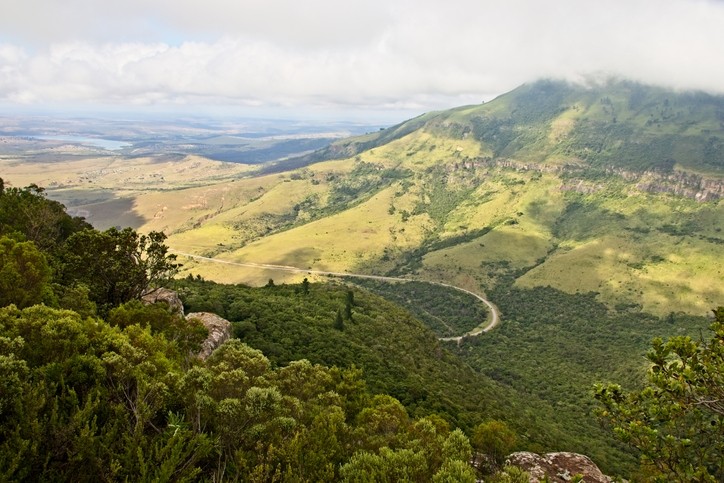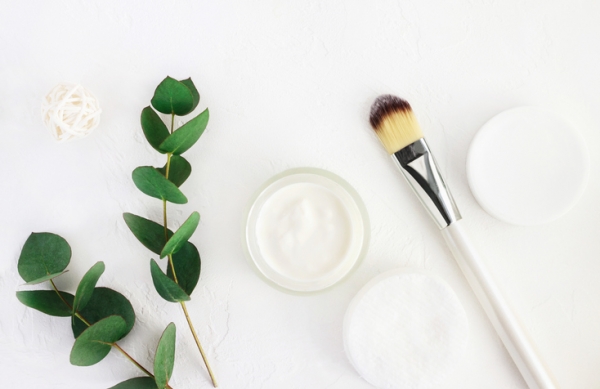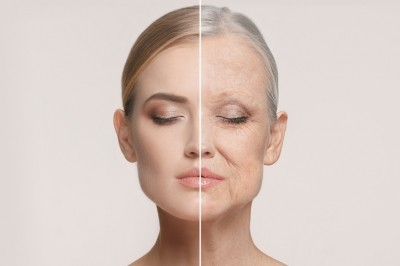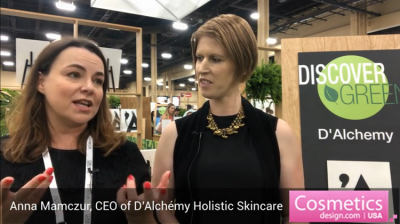Plant power? ‘Potent’ South African varieties show hygiene, beauty and sun protection promise

Writing in the South African Journal of Botany, researchers from South Africa’s Agricultural Research Council and University of KwaZulu-Natal investigated the cosmetic potential of 16 plants from the Eastern Cape province that had been traditionally used for skin care and beauty. Specifically, they assessed antimicrobial activity, antioxidant potential, photo-protective effects and anti-tyrosinase activity of the leaves, bark and bulbs.
Indigenous knowledge passed on
The researchers said the Eastern Cape Province of South Africa was well-documented for its “large biodiversity of medicinal plants”, but there remained gaps in the amount of research on ethnomedicine use of these plants.
To kickstart the study, therefore, researchers conducted interviews with 50 indigenous knowledge holders, aged 28 – 83 years, from the region. From these interviews, the 16 plants were selected for bioassay investigation, largely from two plant families: Asphodelacae and Asteraceae.
Asphodelacae plants, they said, were typically very succulent and thrived in different climatic conditions and Asteraceae plants were often used on skin against sores, wounds and burns. The Asteraceae family also contained widely distributed herbaceous plants with bright, aromatic flowers – “significant” characteristics when formulating appealing and attractive beauty products, they noted.
Hygiene soaps and beauty creams
Findings showed there was potential to use certain extracts of these medicinal plants in cosmetic products.
“Cosmetic formulations with some plant extracts with good antimicrobial activity, antioxidant potential, photo-protective effect and anti-tyrosinase activity are possible,” the researchers wrote.
Ethanol extracts of A. arctotoides and C. flanaganii, both high in antioxidant activity, for example, could be formulated into hygiene soaps and sanitisers to combat microbial invasions by infectious skin microorganism and skin dermatophytes.
“The observed potency of ethanolic extracts of A. arctotoides and C. flanaganii is of great significance for the cosmetic industry,” the researchers said. The traditional method of using grounded plant powder with water, they said, also proved successful.
Extracts of C. flanaganii, S. officinale and U. urens expressed “good overall antioxidant potential”, the researchers said, meaning suitability was high for inclusion into creams and lotions for a positive effect on the skin. Extracts from A. ferox, B. frutescens, C. album and M. vulgare also expressed good antioxidant potential.
“There are cosmetic benefits of maintaining a fine balance of both oxidants and antioxidants in a system as the presence of oxidants at low levels are responsible for initiating cell signalling pathways. These cell signalling pathways plan an important role in removal of UV-damaged cells and therefore contribute significantly in the generation of new skin cells,” they wrote.
SPF promise? Indications but more research needed
Findings showed certain plant extracts had a high sun protection factor (SPF) – averaging around SPF 15 with the highest at SPF 22. Inclusion of these extracts, therefore, may provide moderate protection against UVB radiation, the researchers said, although further investigation would be needed.
“Studies on understanding the mode of action with which plant extracts were able to inhibit tyrosinase activity and induce protection against UV radiation need to be undertaken.”
The researchers said some extracts also showed anti-tyrosinase activity, meaning inclusion into beauty or cosmetic products could help reduce skin discolouration like dark spots or darkening from oxidative damage.
Moving forward, the researchers said stability studies would need to be conducted on the incorporation of these plant extracts in cosmetic formulations.
Source: South African Journal of Botany
Published: May 2019, Volume 122, Pages 475-483. Doi: 10.1016/j.sajb.2018.05.003
Title: “The cosmetic potential of plants from the Eastern Cape Province traditionally used for skincare and beauty”
Authors: VS. Thibane, AR. Ndhlala, HA. Abdelgadir, JF. Finnie and J. Van Staden





















